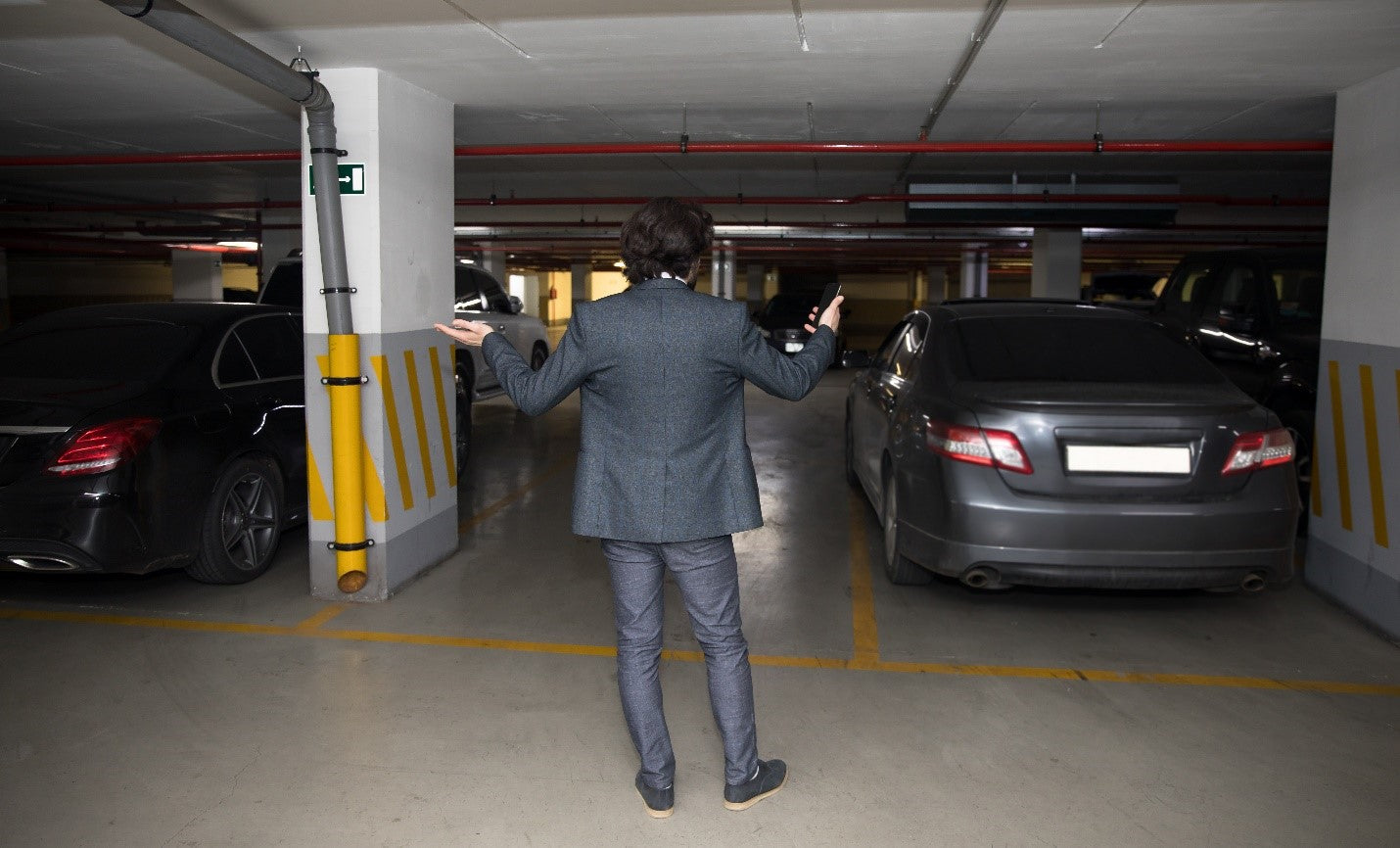
Stress, Perception and Getting long-Covid. Part 3
This is the third in a six-part series about stress, perception and getting Covid.
In the last installment I talked about my covid driven case of anosmia (smell blindness) and how we often see and experience the world with blinders on, whether or not, we have an actual case of sensory deprivation like I did. Because our perception of the world around us, always includes the brain’s interpretation of what it THINKS it sees and hears, we ALWAYS believe what we THINK we see. As the result of this phenomenon, we make all kinds of stupid mistakes.
The other day, after shopping, I came back to where my car was parked, and I got the sinking feeling that it had been stolen. I got one space away from where I KNEW I had parked it, and I still didn’t see it. I started to panic: “I know I parked my car right here and I don’t see it!” I said to myself. “Where is it?” I was even starting to reach into my pocket for my cellphone to call the police.
Turns out a big SUV had pulled in right next to my car so I couldn’t see my little Prius until I was standing right in front of it. Yet my brain jumped to the erroneous conclusion – MY CAR HAS BEEN STOLEN - and I BELIEVED IT.
Any mindfulness teacher would jump on the fact that there’s a duality here. It’s almost like there’s two separate people in the story. The story my brain is generating is one person and the person who is believing it or not believing it is another!
As I wrote in the last installment, I had Covid a couple of months and didn’t know it. (It felt like a mild cold and I tested negative twice.) I spent the first week after recovering with diminished taste and smell but NOT knowing I had diminished taste and smell. So in this case, I believed incorrectly that all kinds of things (like my sneakers, armpits and other bodily functions) didn’t smell. This caused no small amount of consternation for my wife as we argued about what did or didn’t smell. It wasn’t until I held one of my oldest pair of tennis sneakers directly over my nose and didn’t smell a thing, that I finally realized 1. That I had had Covid, and 2. That my wife had been right all along.
But what surprised me even more is over the next few weeks, this same problem continued to occur. Always assuming that the perceptions arriving to my brain contained information from all 5 of my senses, just like it had been doing for my entire life, I kept making assumptions based on information from only three senses as if it was information from all five. In other words, the absence of information was perceived as information! So, I kept making the same perceptual errors.
For example, last week, knowing full well (but still forgetting) that I had lost my sense of smell, I drove past what looked like a dead skunk in the middle of the road. Because I couldn’t smell anything, I assumed it was some other kind of dead animal. (Lack of information WAS turned into information by my interpreting brain: No smell means it’s not a skunk.)
The next day, I drove by the same carcass with my wife and daughter in the car. They both immediately complained: “Can you smell that dead skunk. It’s AWFUL!!” I was shocked for three reasons. 1. The smell was so strong, and I couldn’t smell a thing. 2. That I’d completely forgotten I couldn’t smell. And 3, that I turned the lack of information into a false conclusion.
I didn’t take my knowledge of my incapacity into account. I (and we) ALWAYS assume we are getting accurate information all the time and interpreting it correctly, or worse, THAT THERE’S NO INTEPRETATION HAPPENING. But that is never the case!
And really, that was the whole point of part 2 of this series. On some level, we know our perceptions are subject to interpretation, but we consistently disregard any evidence of this, like when you think your car has been stolen in a parking lot, but it’s just been hidden by a larger car. I know I’ve made that same perceptual error hundreds of times over the years. Psychologists call this phenomenon: negativity bias.
Negativity bias worked well for our prehistoric ancestors, but it doesn’t always work so well for us today. In the next installment I’ll explain why and how negativity bias shapes our perceptions, every minute of every day.





James Porter
Author